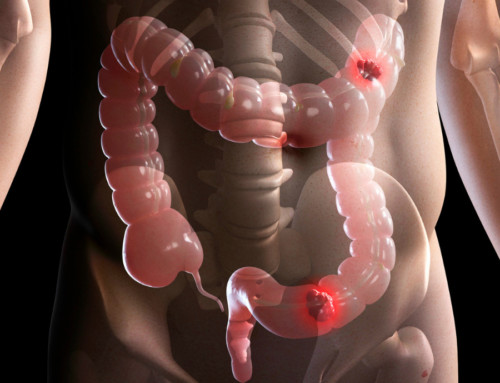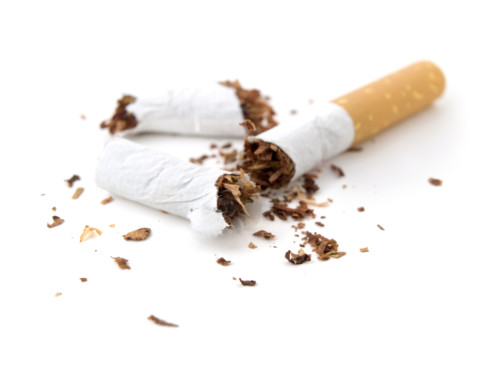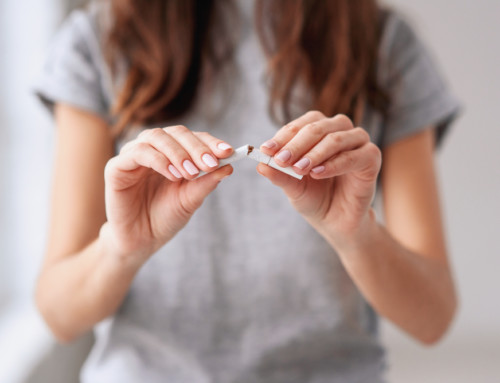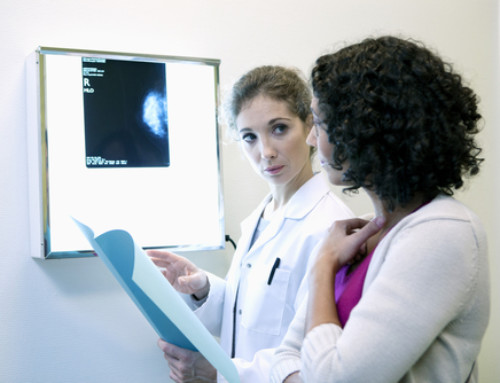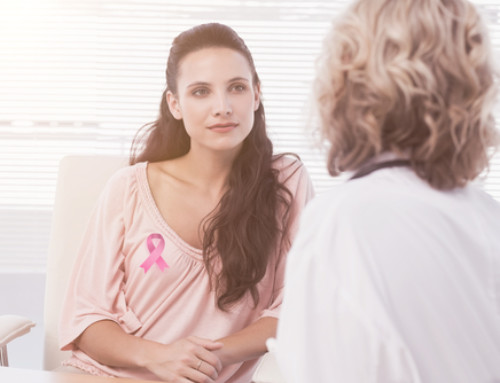“You have cancer.” The very phrase strikes dread into the minds and hearts of those suffering the diagnosis. The most common treatment for cancer — chemotherapy — also elicits fear from those who fear that the treatment may be worse than the disease.
The most common side effects of traditional chemotherapy are fatigue, pain, mouth and throat sores, diarrhea, nausea and vomiting, constipation, blood disorders, hair loss, and nervous system effects. Nausea may be the most prevalent and recognized side effect of chemotherapy. Cancer patients should take heart, though as a diagnosis of cancer may not require the weeks or months of abject misery from treatment.
The problem with nausea as a side effect is that it results in additional complications due to human response to that particular misery. Rather than risk drug interference or adverse reactions between different types of medicines – chemo and whatever drug(s) one takes to relieve the nausea – chemo patients will have to try other ways to cope with nausea. Here are some tips that you can try if chemotherapy treatments have left you feeling nauseous:
- Graze throughout the day. An empty belly aggravates nausea, as does a large meal. Eating small amounts frequently keeps your stomach focused on digesting a small amount of food.
- Mind your etiquette. Miss Manners decried modern habits of gobbling down food, instead advocating that one take small bites, chew thoroughly, and swallow before taking the next bite or sip. Exercising such civil manners also helps to reduce nausea.
- Eat like you’re pregnant. Even if you’ve never been pregnant, you’ll be at least anecdotally familiar with the concept of morning sickness. That means avoiding rich or spicy foods that may trigger nausea. The fragrance of hot foods may upset your stomach, so lean toward foods best consumed at lukewarm or cold temperatures. A bland diet may be the solution for you.
- Hydrate between meals. Nausea, followed by vomiting and diarrhea, often cause dehydration. Drinking while eating may aggravate nausea, as may drinking carbonated or alcoholic beverages. Stick with cold, flat beverages or even ice chips or frozen fruit to stay hydrated.
- Avoid “gassy” foods. Foods like beans, vegetables, and carbonated sodas cause gas, which can worsen nausea.
Dehydration: The Main Health Problem Caused by Nausea
Nausea causes vomiting and diarrhea, which then cause dehydration. Medical professionals cannot overstate the importance of remaining properly hydrated. In short, proper hydration helps to keeps joints lubricated, eliminates toxins from the skin, and facilitates proper digestion. If you’re already suffering from nausea, then you don’t want to impede the digestive process any further.
Mild to moderate dehydration results in a dry, sticky mouth, fatigue or drowsiness, dry skin, headaches, constipation, vertigo, decreased urine output, dark urine, muscle cramps, and more. Severe dehydration causes extreme thirst, irritability, confusion, low blood pressure, rapid heartbeat, rapid breathing, anhidrosis, and fever.
Dehydration makes an already serious health problem even worse. Preventing dehydration during the rigors of chemotherapy can be challenging; recovering from dehydration may require hospitalization.
To prevent dehydration and its attendant health problems when you’re nauseated may not seem feasible when nothing you eat or drink stays down. If you can, sip small amounts of water throughout the day. Like grazing, a little bit of water in a nearly continuous trickle won’t shock the stomach. If even sipping water fails, then try sucking on ice chips or frozen juice to increase fluid intake until you can get to the doctor.
Water alone may not be enough. Vomiting and diarrhea leach electrolytes from the body. Loss of these essential salts (sodium, potassium, chloride) causes fluid imbalances and neurological problems. If your stomach can bear it, hydrate with rehydration beverages. Sports drinks are easy to find, but don’t necessarily replace the sodium and potassium your body needs, but they can do in a pinch. Coconut water is another drink that may help with dehydration.
Tell the Doctor
The side effects of chemotherapy to treat cancer often require additional treatment. If nausea becomes so severe that you cannot keep any food or liquid down for more than a day, then tell your doctor. Don’t wait. The side effects of nausea can cause severe health problems and even death. Early treatment stands the best chance of success and can make chemotherapy a bit less miserable to endure.
